From September 1 to 5, ACS welcomed students and researchers to the summer school “Optimization-Based Embedded Control Systems”, organized as part of the EU Horizon project FrontSeat. Over five intensive days, participants explored how modern optimization and model predictive control (MPC) techniques can be brought from theory into practice on real embedded platforms such as microcontrollers and industrial PCs. The program combined lectures on the key principles of control and optimization with hands-on sessions, where attendees tested their skills through guided exercises on embedded hardware. No prior experience with MPC or embedded programming was required—just a solid foundation in basic control concepts—making the school an accessible gateway into a rapidly growing field at the intersection of control theory, optimization, and real-time computing.

Twenty participants from research and industry, representing ten different countries, attended the summer school to deepen their knowledge in the field of optimal control of embedded systems (see the dedicated homepage).
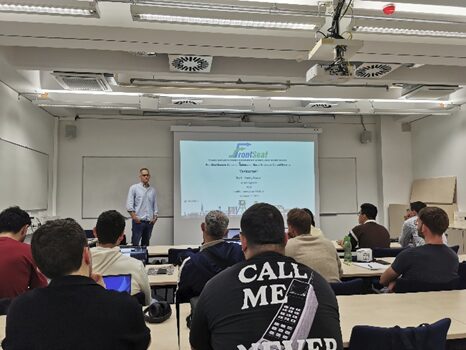
The event was opened by Prof. Dr.-Ing. Martin Mönnigmann, who outlined the agenda of the one-week course, began with a review of fundamental optimization concepts.

Juraj Oravec, Assistant Professor at STU Bratislava, followed with an Introduction to Optimal Control and Model Predictive Control (MPC), focusing in particular on the challenges and strategies of implementation under limited resources in embedded systems.
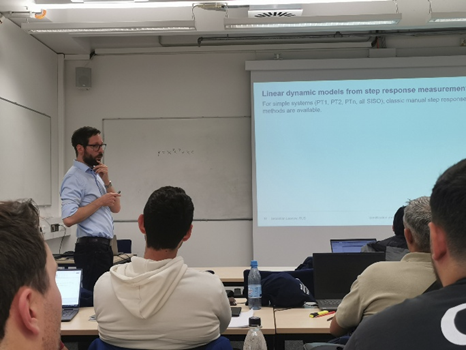
Martin Mönnigmann continued with details on MPC, before Sebastian Leonow, Senior Engineer at ACS, introduced the topic of system identification, which forms the foundation of effective control.
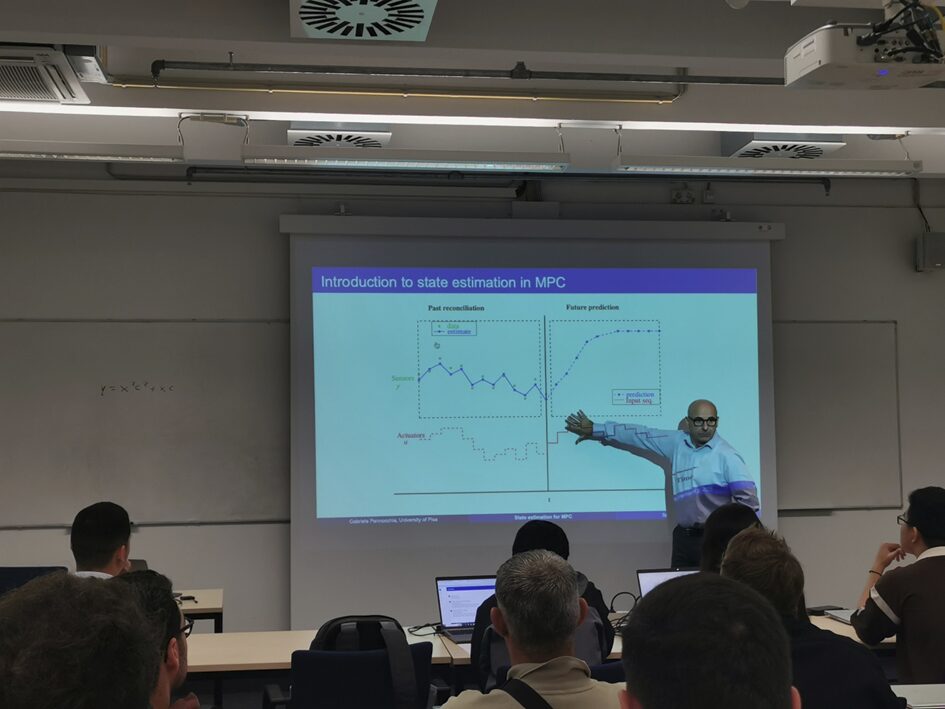
The second day began with a lecture by Prof. Gabriele Pannocchia, Professor at the University of Pisa, on offset-free MPC, nonlinear MPC, and state estimation.
A joint excursion in the afternoon not only provided time to reflect on the material learned but also fostered exchange and networking among participants and lecturers. The destination was the Nachtigall Coal Mine, where the group gained fascinating insights into the history of mining, which shaped the Rhine-Ruhr region for many decades. The day concluded with a joint dinner close to the university.
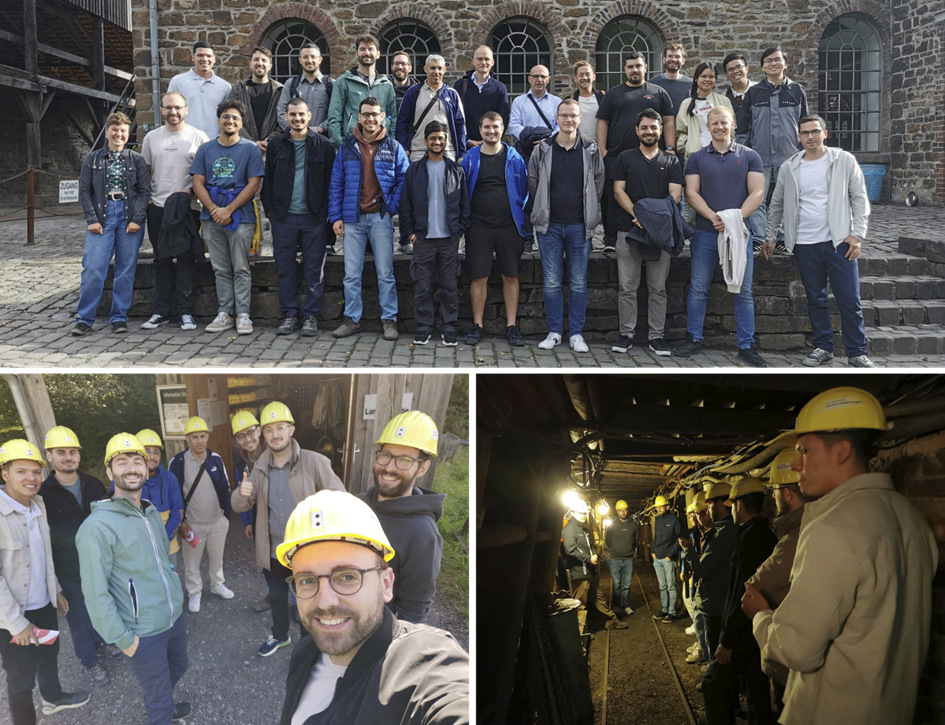
The third day focused on practical experience. In parallel with the lectures, participants worked on their own tasks and became familiar with the introduced software. The day started with Juraj Holaza, Research Associate at STU Bratislava, who gave an introduction to the Matlab-based toolbox MPT3. His colleague, Peter Bakarac, then taught participants the basics of C programming. The lecture series was closed by Raphael Dyrska, Research Associate at ACS, with a lecture on solvers and their application in embedded systems.

Project work took center stage on the 4th day of the summer school. In small groups, participants were asked to practically apply what they had learned. Each group, consisting of two to three people, could choose one of three embedded platforms: a gimbal, a propeller-driven inverted pendulum, or a heating element. The difficulty of the control tasks varied, allowing each group to select a device suited to their prior knowledge and the content covered during the course. The groups were supported by all lecturers as well as additional ACS staff, ensuring that many practical questions could be answered directly and efficiently.

The summer school concluded with presentations of each group’s results. Afterwards, each participant received a certificate confirming their successful participation.
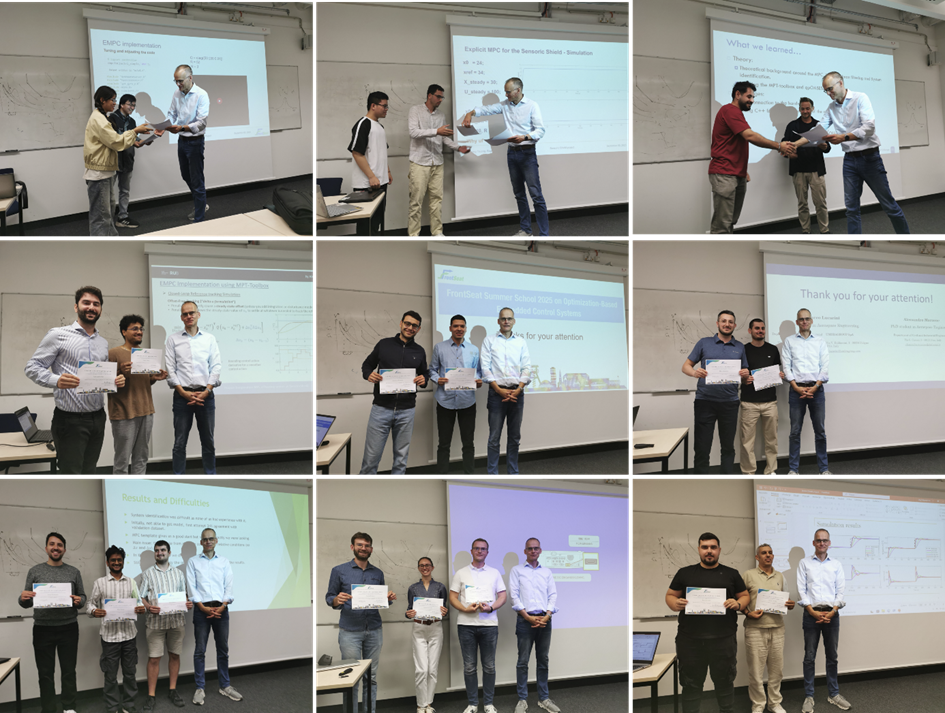
Finally, we would like to express our heartfelt thanks to all colleagues from the University of Pisa and STU Bratislava for their dedicated contribution to the summer school!
Text/Foto: David Müller (RUB)

This project has received funding from the European Union’s Horizon under grant no. 101079342 (Fostering Opportunities Towards Slovak Excellence in Advanced Control for Smart Industries).
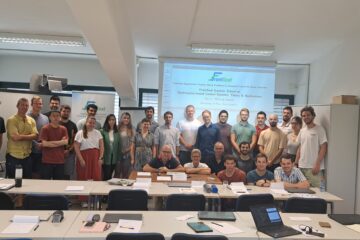
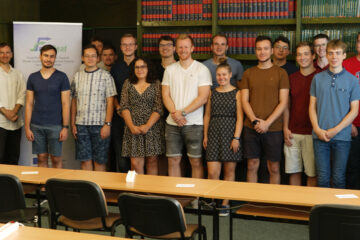


0 Comments